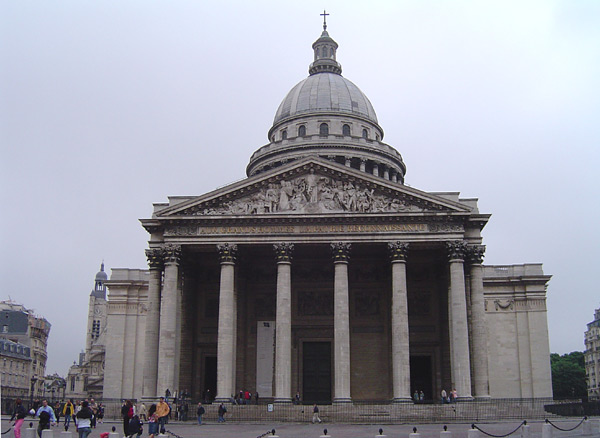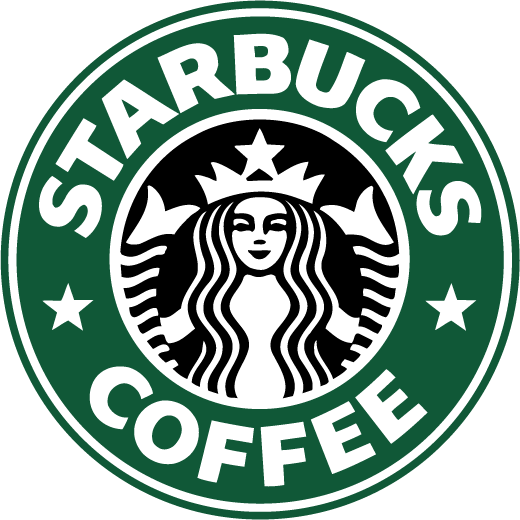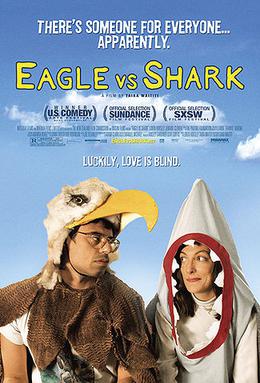L was off work for three days last week, so on Wednesd

ay we took our bikes and rode down the old tow-path by the canal, until we reached the end of the city. We continued a little until we found a small dirt track which we cycled down. Then we put down an old towel on the long, wild grass by a sunflower field and enjoyed a picknick under the burny midday sun. We later found a few trees and enjoyed the cool shade.
It wasn't exactly the open countryside — there was a village and a rather busy road not too far away — but it was good enough. When we looked to the North, all we could see was fields, woods and tiny little villages. It was nice to be away from the urban landscape, and, even if only for a few hours, be immersed in a more pastoral setting.
The following day we went to Paris. I don't have any pictures or film because we chose not to take our camera this time. It can be fun "documenting" trips but it can also be a hassle — I usally have more craic when I'm camera-free.
We started by visiting the Panthéon, which is right in the middle of the Latin Quarter, beside the Sorbonne university. Originally built as a church, the Panthéon is an impressive edifice which, since the revolution, has basically served as a temple to the French nation-state. All the "great men" of France are buried there. It's not the kind of thing I'm usually into, but it
is a must-see.

Also some of my favourite authors are buried there : Victor Hugo and Alexandre Dumas. There are also the tombs of Voltaire, Rousseau, Jean Moulin (a famous French resistant), Victor Schoelcher (France's William Wilberforce), Louis Braille (the guy who invented the alphabet for blind people) and a host of other supposedly "great men" (most of whom I'd never even heard of, to be perfectly honest). Significantly, there is only
one woman buried in the whole Panthéon : Marie Curie. It speaks loads about the place of women in society, even in a modern secular liberal democracy, where men and women are supposed to share equal rights... *sigh*
On a lighter note, I was almost entombed in the Panthéon myself . I went to the toilets, which are underground, and after hearing the door bang behind me, I realised that there was no knob on my side of the door. I had to phone
L several times (you're supposed to turn your phone off in the place) before she answered. Eventually she set me free. Otherwise I might still be entombed in the Panthéon, alongside Voltaire and Zola.
After that, we strolled round the Latin Quarter and found an old 2,000 year old Roman arena which was dug up at the end of the 19th century. There were very few people around, it was incredibly quiet, which is really bizarre when you're right in the middle of Paris. It was as if we had been taken back in time for a few minutes.
Our tummies were rumbling by then and we went looking for a vegetarian restaurant that I'd read about on
wikitravel.org, but it was nowhere to be found. Several of the joints in the area seem to have closed down, and it wouldn't surprise me if the vegetarian restaurant was one of

the first to go, seeing that less that 1% of French people are vegetarians, and that they're basically seen as eccentric radicals, possibly even traitors to French-ness for refusing to eat meat, the base/staple of all French cuisine. (Thankfully
we are tolerated — we're just a couple of eccentric foreigners, after all...) So we settled for an Indian restaurant which served great meat-free dishes. There was a menu at only 10€, which was great value, as the food was realy good, the quantities reasonable, and the restaurant was rather classy. Even the kama sutra picture hanging on the wall was rather tastefully drawn.
In the afternoon, we went to the "Musée du quai Branly". Now this is a museum which drew quite a lot of controversy when it opened in 2006. It's a tribal art museum , with artefacts from Asia, Africa, Oceania and the Americas. It was originally called "Musée des arts premiers" (
lit "Museum of First Arts", a euphemism for
primitive art), which understandably caused uproar from some circles. Thankfully the term was dropped.

It's the biggest museum of its kind in Europe, and it's incredible to see all these objects and works of art from all around the world. What is really good is that they are
treated as art, on the same level as the paintings you'd see in the Louvre. I expected the museum to be very patronising and condescending and... well, French, but it wasn't at all. What impressed me the most was the Americas section. It was the most colourful section in the museum. There was everything from headdresses to clay pots, from robes to combs... The other sections were great as well, of course. The African ceremonial masks and the Melanesian decorated skulls were fascinating (albeit in a freaky kind of way). My only disappointment was that the Asian section was rather small. There was very little from Nepal or India. But if you're ever in Paris, you should definitely check out this museum... it's really worth the visit!

In the evening we met a friend of
L's who used to live in Marseilles, and who is currently an intern working for a famous French newspaper (
L'Express). And it was that evening that I lost my Starbucks virginity. Yup, until then I'd been Starbucks free. Mostly because coffee makes me sick, but also because I'm not ready to pay to 5€ for a hot drink. So I took a kind of raspberry milkshake, which was way too sweet for me. American-style sweet. I know a lot of people get their kicks from Starbucks, but it didn't do anything to me. Maybe it's just because I'm coffiephobe.
Well, that was the end of our day.
And the end of this post, seeing that it's so long that it's getting out of hand.







.jpg)

Emerald Champagne
Currently reading...
Labels
Blog Archive